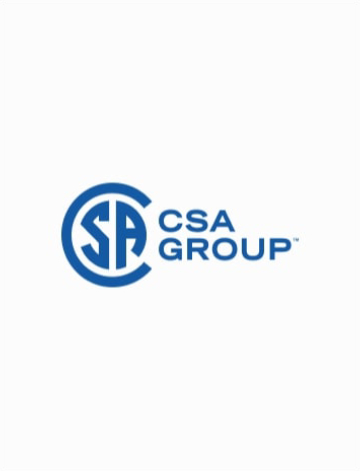CSA Preface
Standards development within the Information Technology sector is harmonized with international standards development. Through the CSA Technical Committee on Information Technology (TCIT), Canadians serve as the SCC Mirror Committee (SMC) on ISO/IEC Joint Technical Committee 1 on Information Technology (ISO/IEC JTC1) for the Standards Council of Canada (SCC), the ISO member body for Canada and sponsor of the Canadian National Committee of the IEC. Also, as a member of the International Telecommunication Union (ITU), Canada participates in the International Telegraph and Telephone Consultative Committee (ITU-T).
For brevity, this Standard will be referred to as “CAN/CSA-ISO/IEC/IEEE 24748-5” throughout.
At the time of publication, ISO/IEC/IEEE 24748-5:2017 is available from ISO and IEC in English only. CSA Group will publish the French version when it becomes available from ISO and IEC.
The International Standard was reviewed by the CSA TCIT under the jurisdiction of the CSA Strategic Steering Committee on Information and Communications Technology and deemed acceptable for use in Canada. From time to time, ISO/IEC may publish addenda, corrigenda, etc. The TCIT will review these documents for approval and publication. For a listing, refer to the Current Standards Activities page at standardsactivities.csagroup.org. This Standard has been formally approved, without modification, by the Technical Committee and has been developed in compliance with Standards Council of Canada requirements for National Standards of Canada. It has been published as a National Standard of Canada by CSA Group.
Scope
This document provides a common framework for planning and controlling the technical processes and activities to produce and sustain software products. The complete life cycle is covered by this document, from idea conception to the retirement of a software product. The framework described by this document provides for best practices in communication and cooperation among parties that plan for, develop, utilize, and manage modern software.
This document:
— specifies the required information items to be produced through the implementation of the required planning and control processes;
— specifies the required content of the required information items;
— gives guidelines for the format and content of the required and related information items; and
— details the processes necessary to develop and implement a software plan.
This document is intended to provide guidance for parties involved in the planning of software engineering at all stages of the software life cycle. It is intended to provide a common framework for two-party and multi-party collaborations and can be applied where the parties are from the same organization. This document can also be used by a single party.
This document is applicable to:
— those who use ISO/IEC/IEEE FDIS 12207 on projects dealing with software products and services related to those products;
— those who are responsible for the technical management of the development of software systems;
— organizations and individuals performing software development activities; and
— organizations and individuals developing information items during the development of software.


